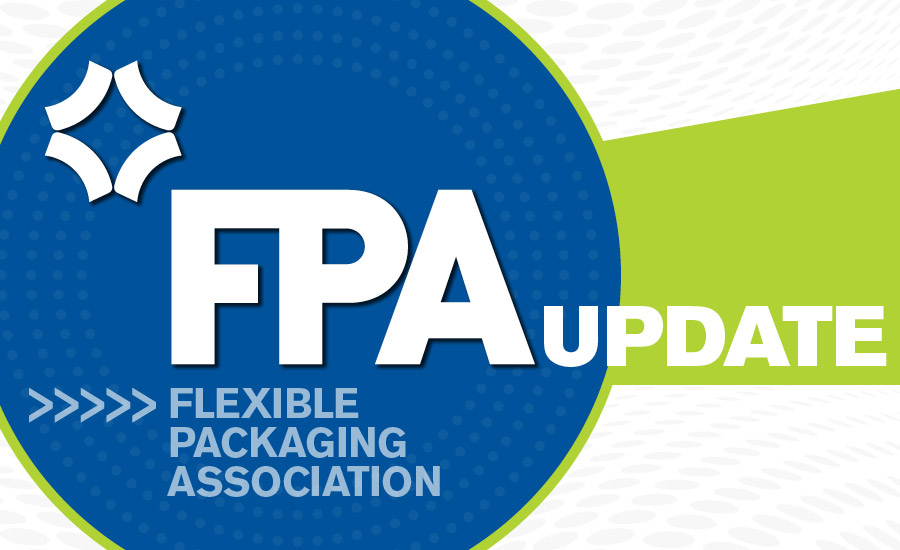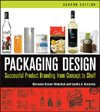FPA Update
FPA Publishes Fact Sheet to Summarize Key Findings from New Sustainability Report

The Flexible Packaging Association (FPA) recently published a new fact sheet that summarizes the key findings of its recent sustainability report, “A Holistic View of the Role of Flexible Packaging in a Sustainable World.” The report provides a holistic view on the sustainability benefits flexible packaging offers and provides foresight into future sustainability implications for the packaging industry.
The report focuses on the segment of the industry that adds significant value to flexible packaging materials, usually by performing multiple processes such as printing, laminating multiple layers, and adding coatings, all of which aid in performance of the material, improve the consumer/user experience, and/or extend the shelf life of the product. It focuses on the U.S. perspective, though global data and context are utilized to provide a broader picture and looks at the current state for flexible packaging, while also providing foresight into potential future implications.

The report also highlights six Life Cycle Assessment (LCA) case studies using EcoImpact-COMPASS® LCA software, which allows for quick life cycle comparisons between different package formats. Results from the case studies show that flexible packaging, when compared to other package formats, has preferable environmental attributes for carbon impact, fossil fuel usage, water usage, product-to-package ratio, as well as material to landfill.
For More Information
For more information on the fact sheet and the “A Holistic View of the Role of Flexible Packaging in a Sustainable World Report,” visit the “Sustainable Packaging” section of www.flexpack.org, or contact FPA at fpa@flexpack.org or 410-694-0800.
Looking for a reprint of this article?
From high-res PDFs to custom plaques, order your copy today!







